SIYE DLAMINI
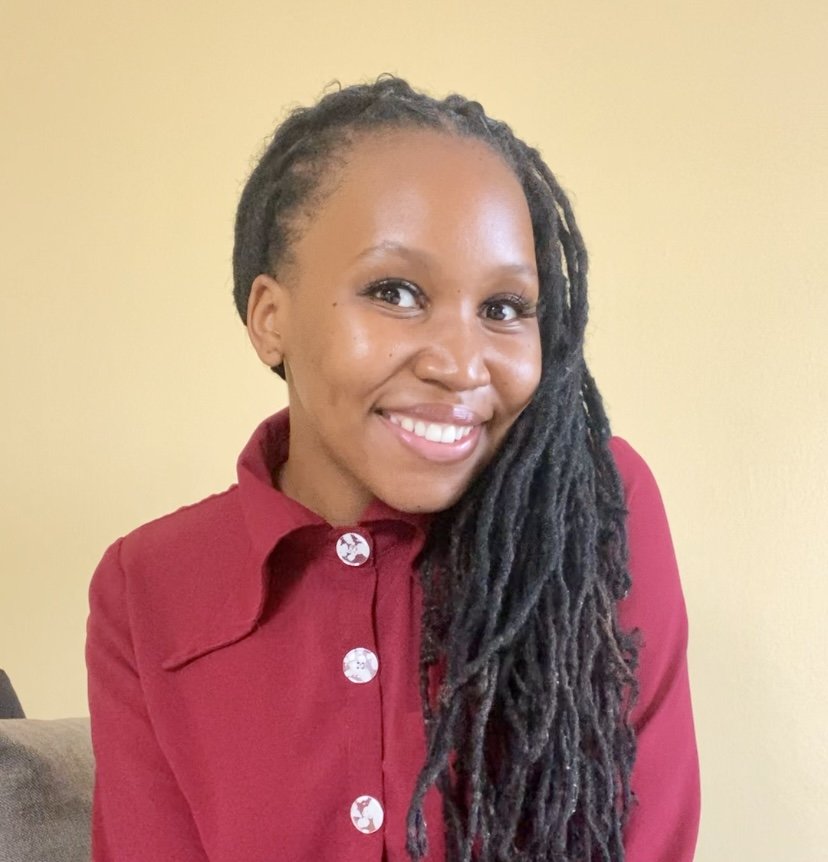
BIO
Siye Dlamini grew up in the beautiful Kingdom of Eswatini and at 20 years old moved to the USA to pursue a Bachelor's degree. She graduated with an honors degree in Political Science. Storytelling is a big part of Siye’s identity. She always says that she grew up in theatre, and throughout her life, she has used it for her storytelling. Siye is currently exploring a career in digital content production, which she is finding to be an extension of her passion for storytelling. Siye has experience in video and audio content production, branding, and marketing.
Connect With Contributor
Contributions
The “newspaper of record’ misses a golden opportunity to explain the material connections between violence “there” and violence “here.”
For the author of Our History Is the Future, the struggle against ICE is incomplete without a true anticolonial reckoning.
The common message of “we are all to blame, we all have to do our part” serves to shield the global elite from responsibility for the current crisis, writes Fernando Luengo.
The far right is on the march in public discourse, but media watchdogs and grassroots solidarity provide important counterweights.
Being Venezuelan now means explaining yourself before you are even asked. I often find myself elaborating on my political experience and beliefs as fast as I said my name.
“They have important stories to tell. They are extremely passionate. And they don’t do this for money – what they seek are rights for their communities.”
More people are joining the movement after the fatal shooting of Renee Good
In a Q&A recently conducted on Facebook, the widely cited author of We Created Chávez argues that the US attack “was never about democracy or drugs” and that “revolution is a process - always.”
Elvis Takahashi Mantello writes for Global Voices
The life of Mónica Solarte Moreano is interwoven with the history, struggle, and spirituality of the Iguailik people. Through her experience as a woman, mother, and professional, she embodies ancestral knowledge, the defense of territory, and the transmission of an identity.
News on climate resistance, land restoration efforts, digital activism, and more.
Inna Saribekyan reports from the Malaga neighborhood where the patron saint of fishermen is ever-present.
Which stories from our global network of grassroots journalists topped the list this year?
Indigenous voices at the COP30 summit highlight this month’s round-up
For our Weaving the Streets series, Catherine Tedford listens to the people’s voice in the Big Apple.
A report from a unique meet-up at the Socialism 2025 conference
Mashal Baloch brings us the story of Farishta Azizi
On the latest phase in the weaponization of social media and LLMs.
Irem Tuana Ciftci reflects on her Ramadan experience in Morocco.
News on extractive industries, AI, the rights of nature, and struggles over Indigenous Peoples Day.
A new toolkit from Talking Rivers invites organizations to rethink their relationship with the living world—through language, governance, and the simple act of listening.
How low-income women profit in the Urban Kilimanjaro region
John Collins listens as the people’s voice gets louder
News of Indigenous resistance, leadership, education, and reflection on the impact of AI.
“People were there in numbers, and they were hungry for radical change.”

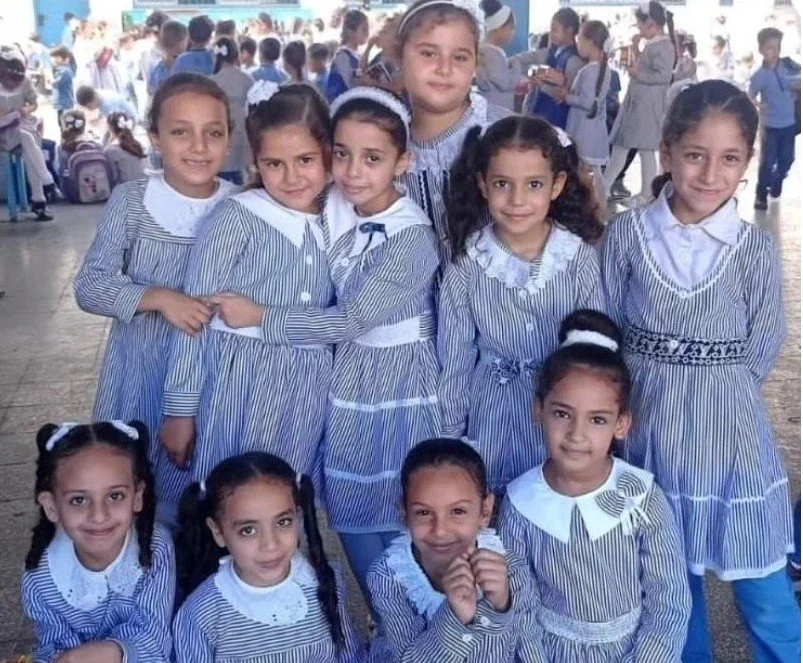

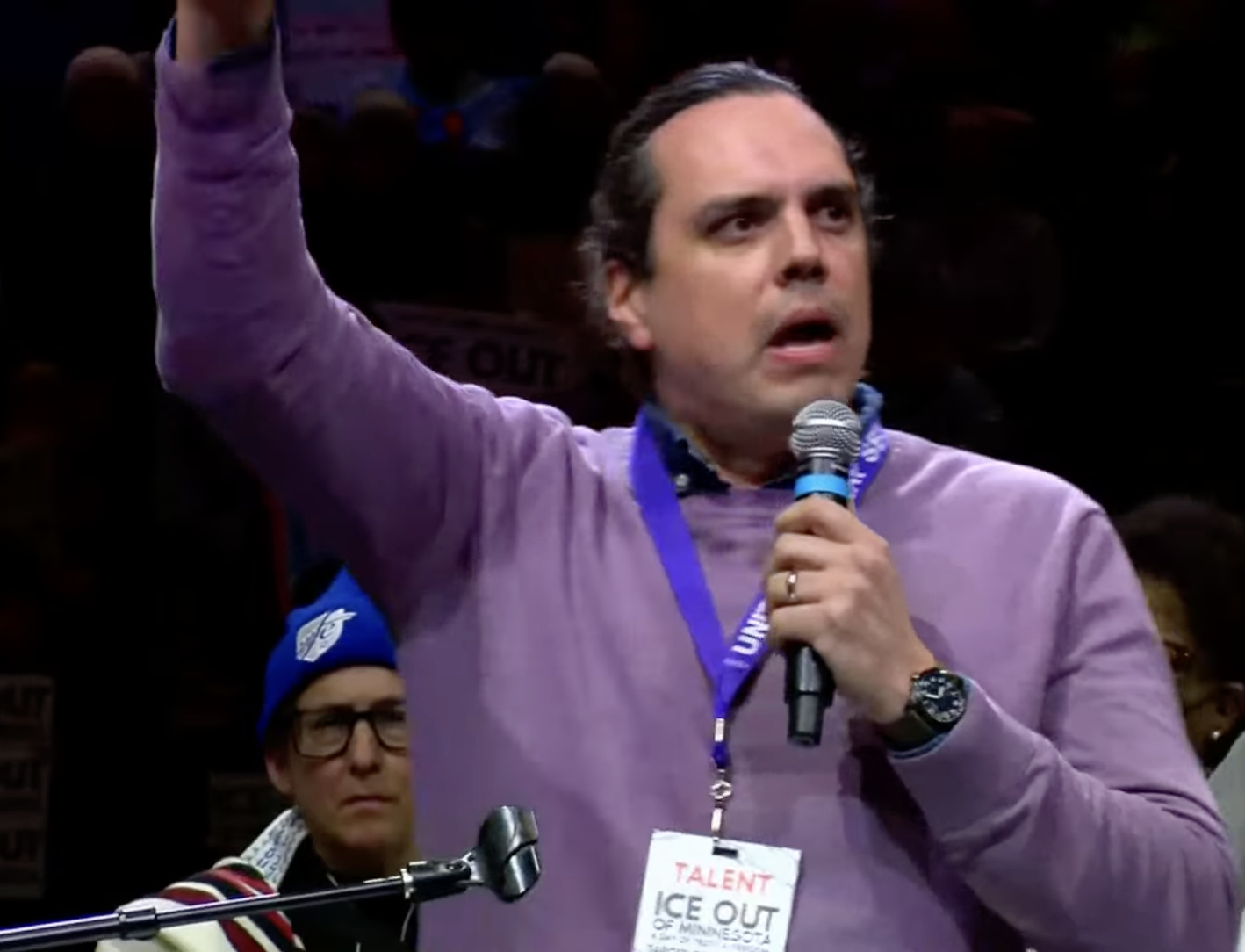
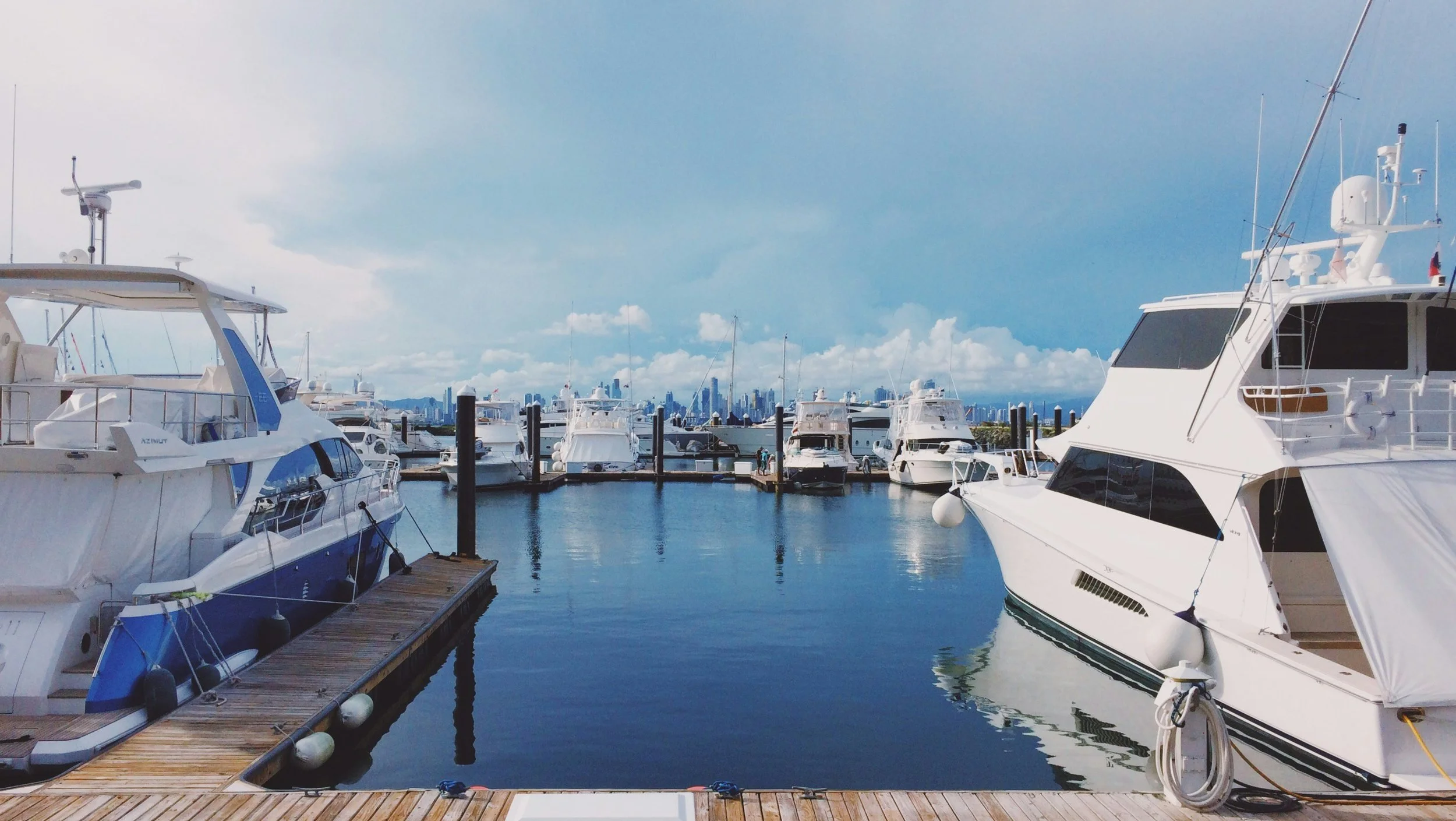
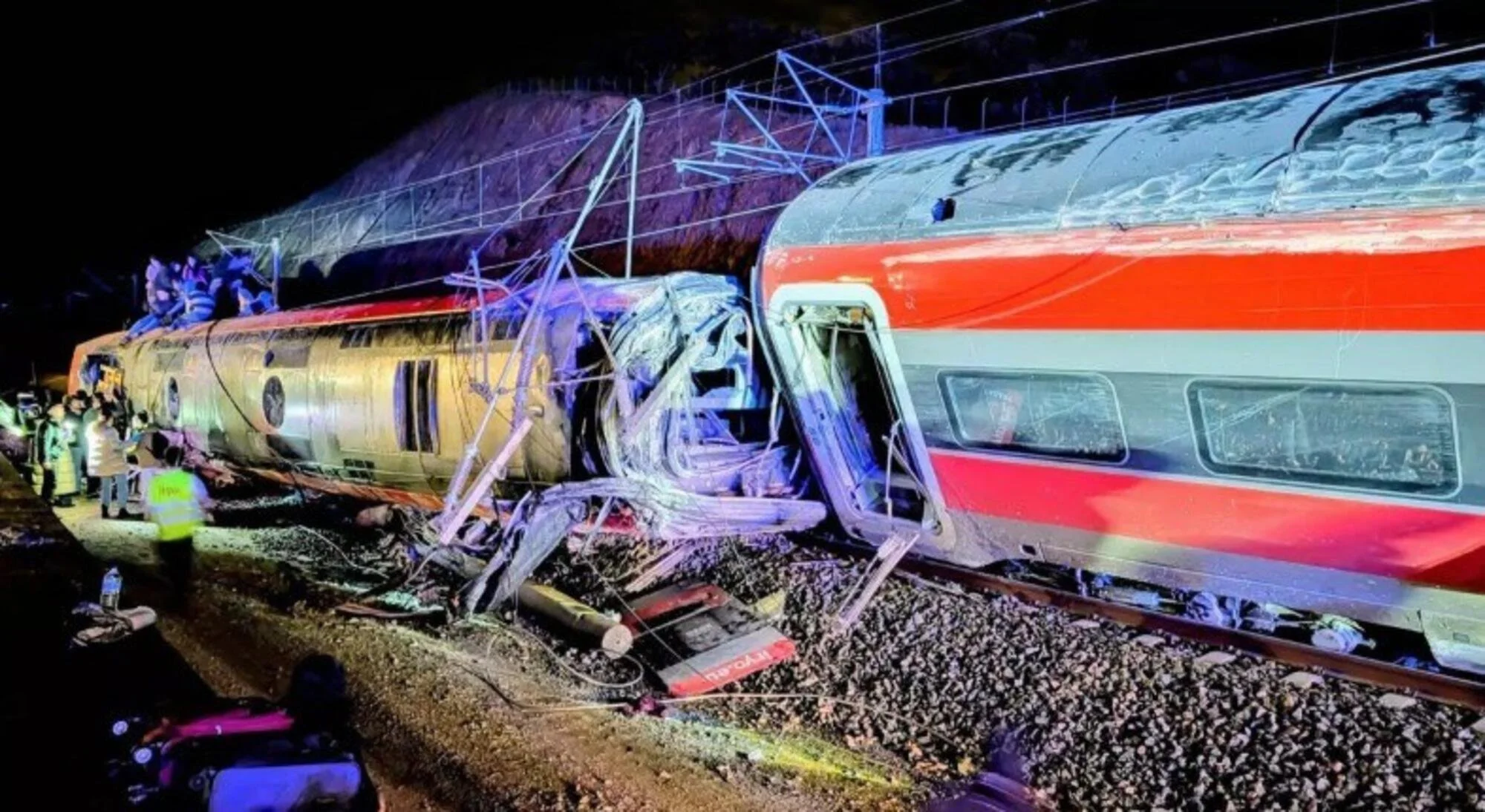
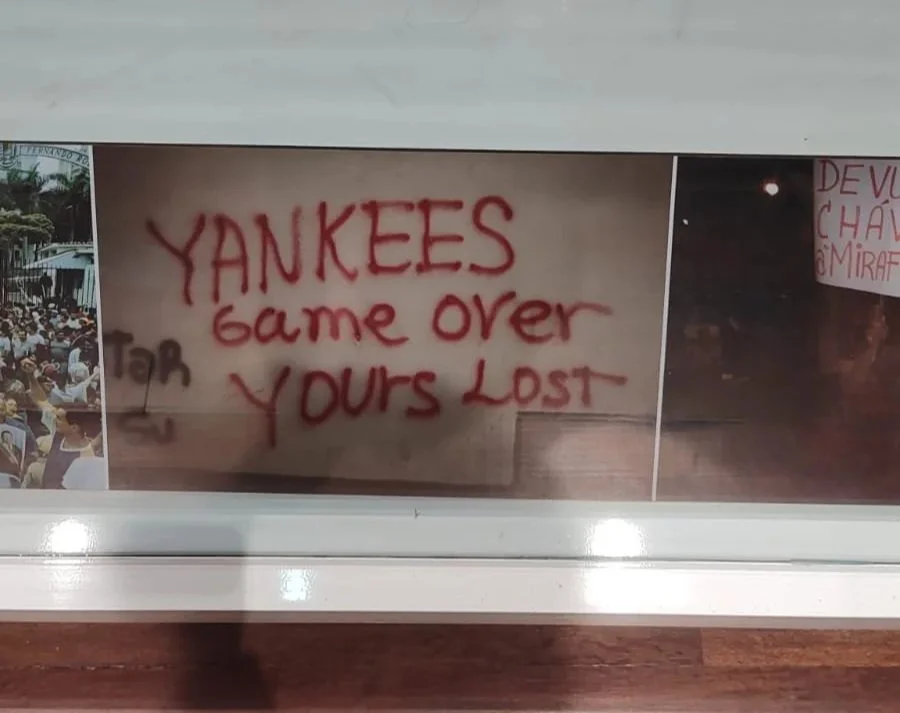

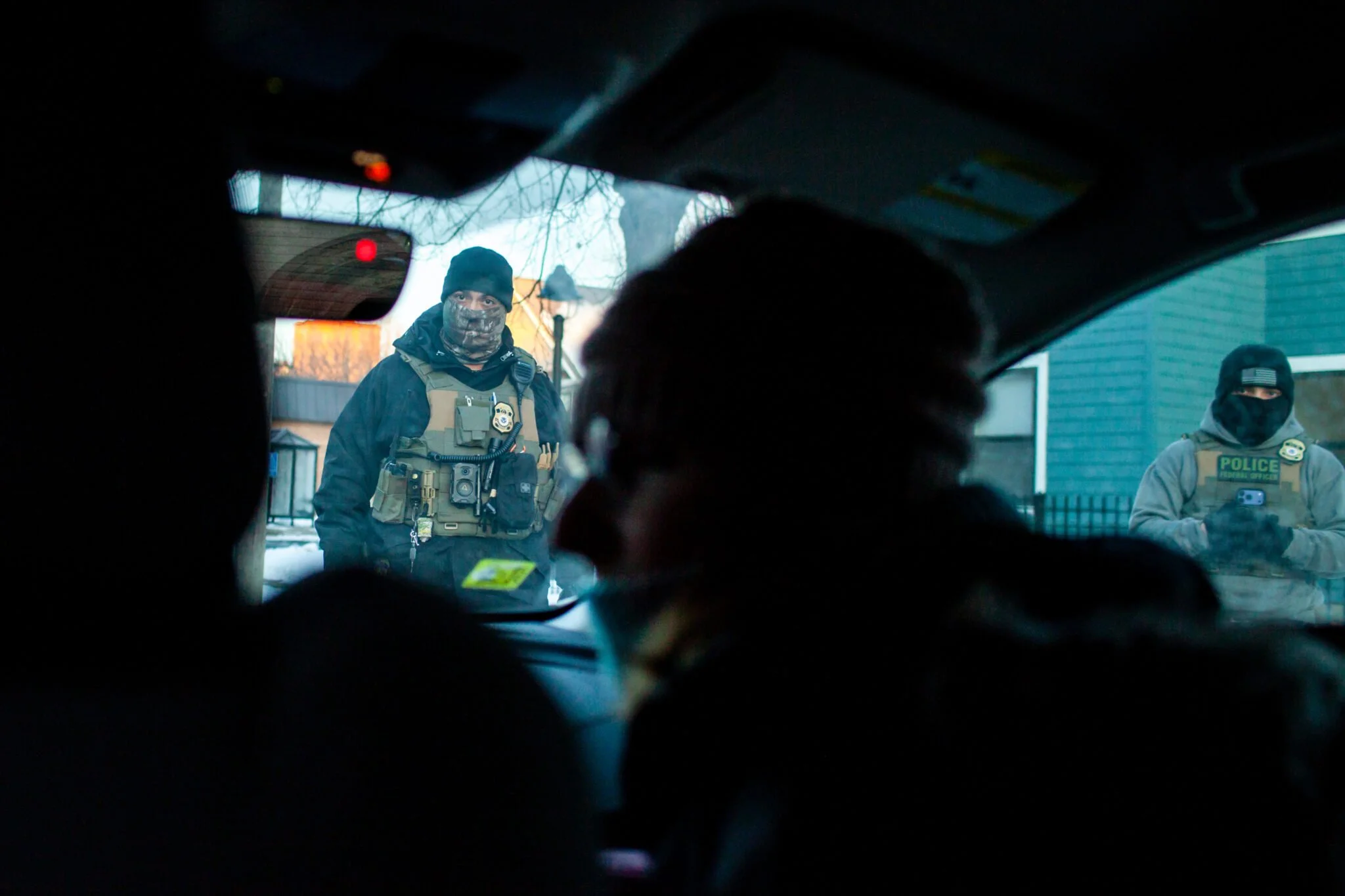
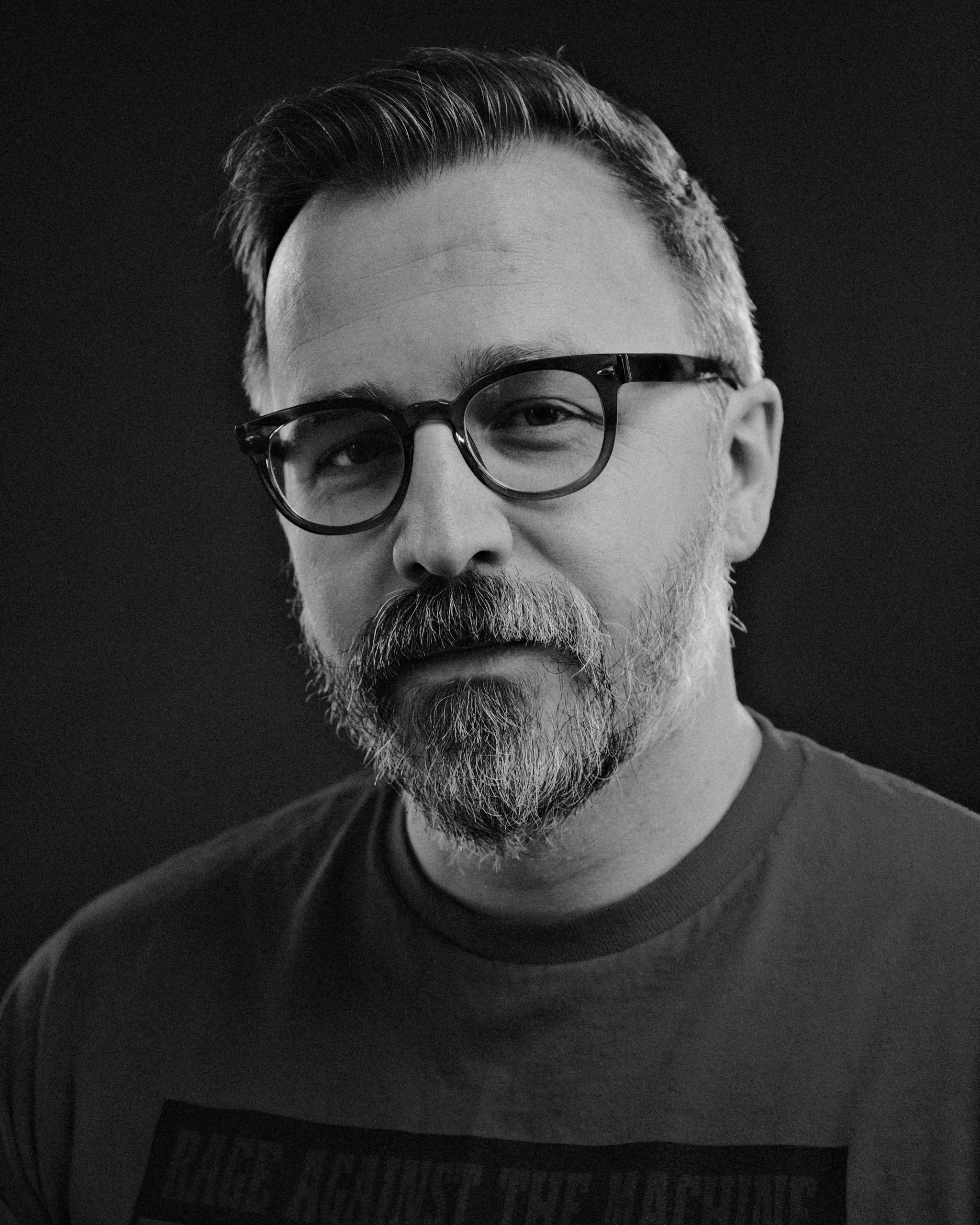
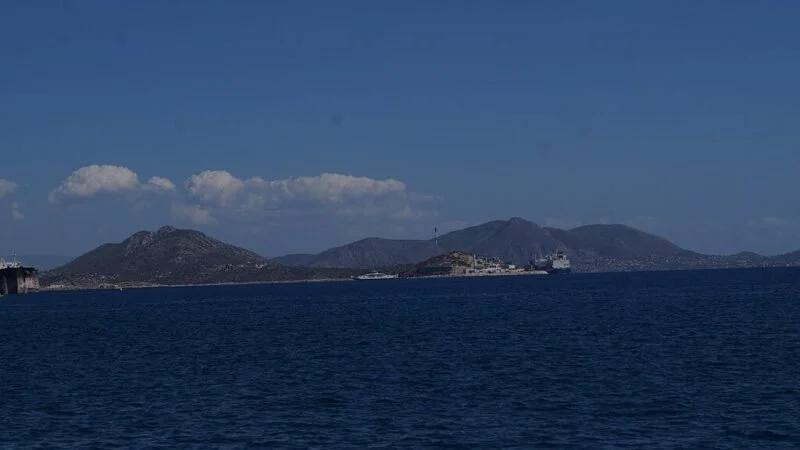
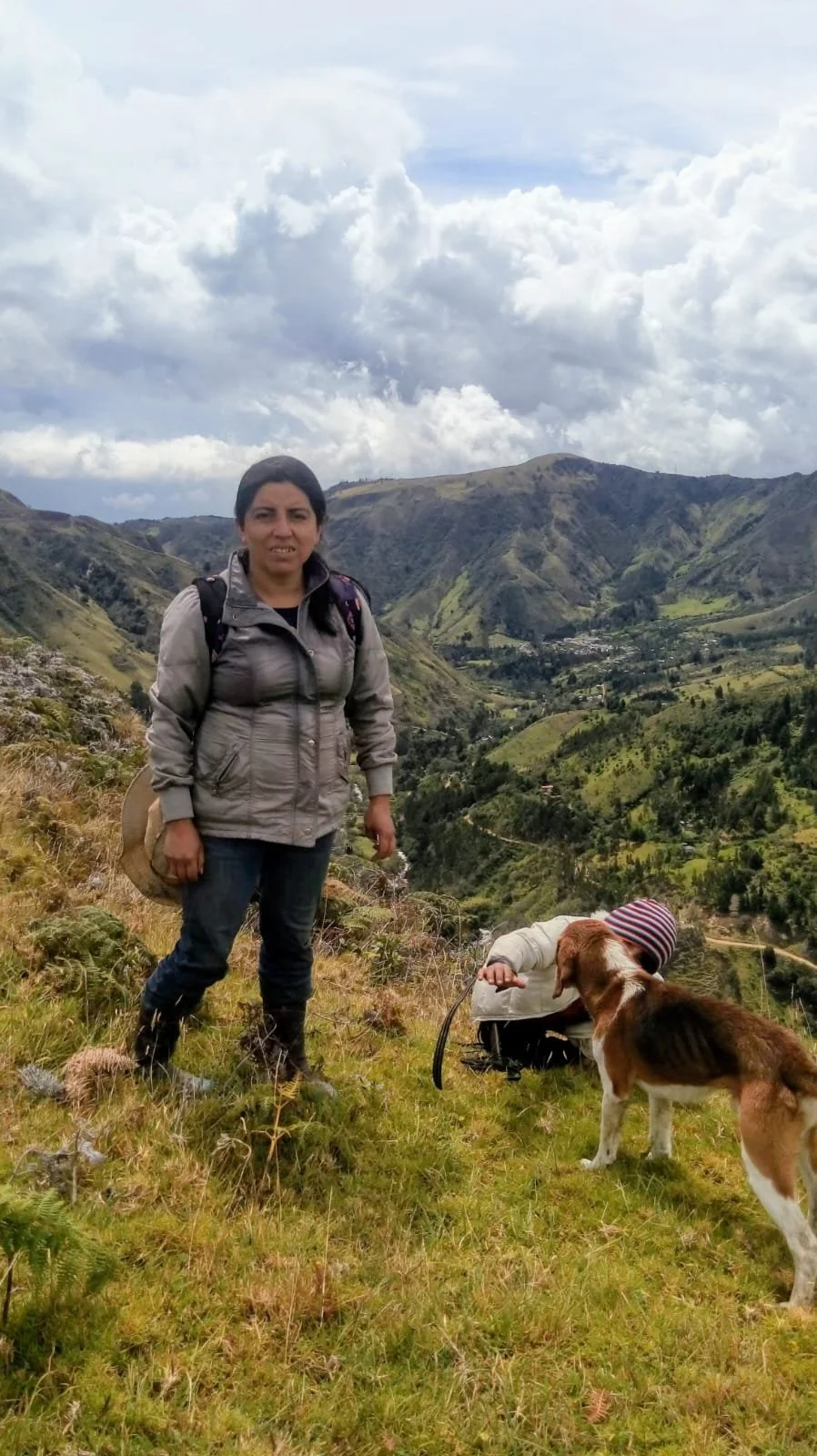
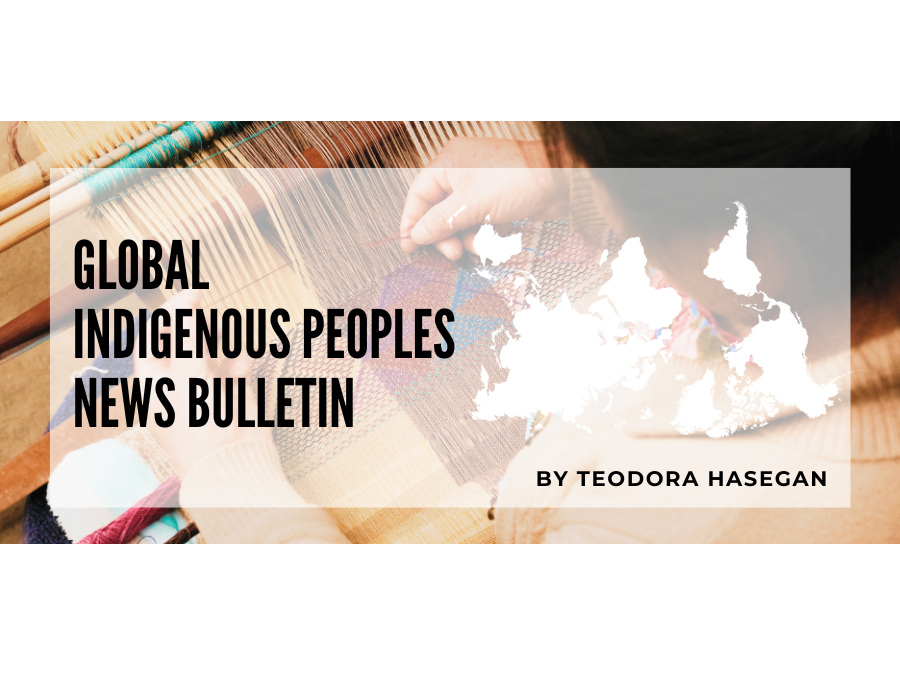
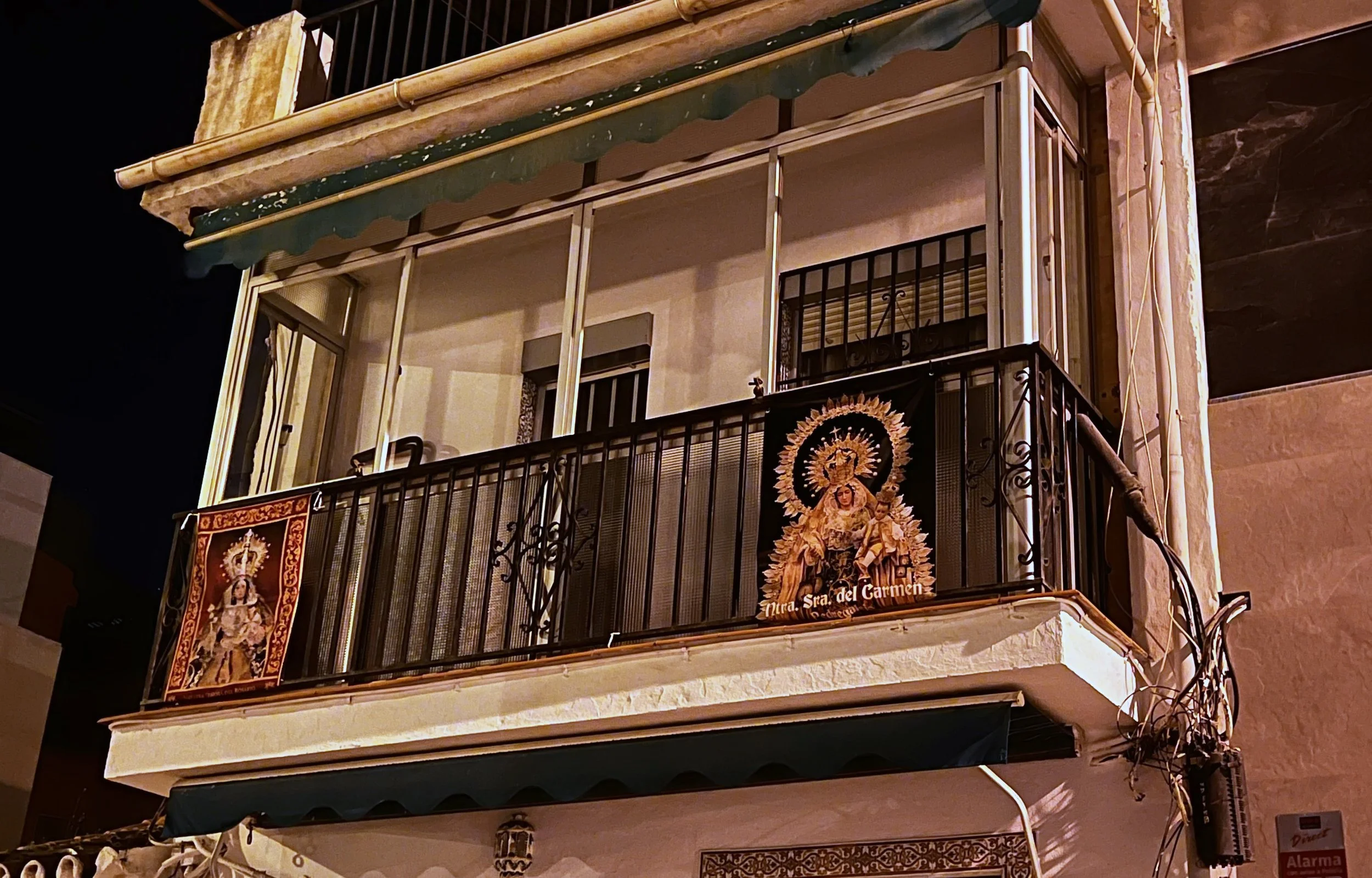

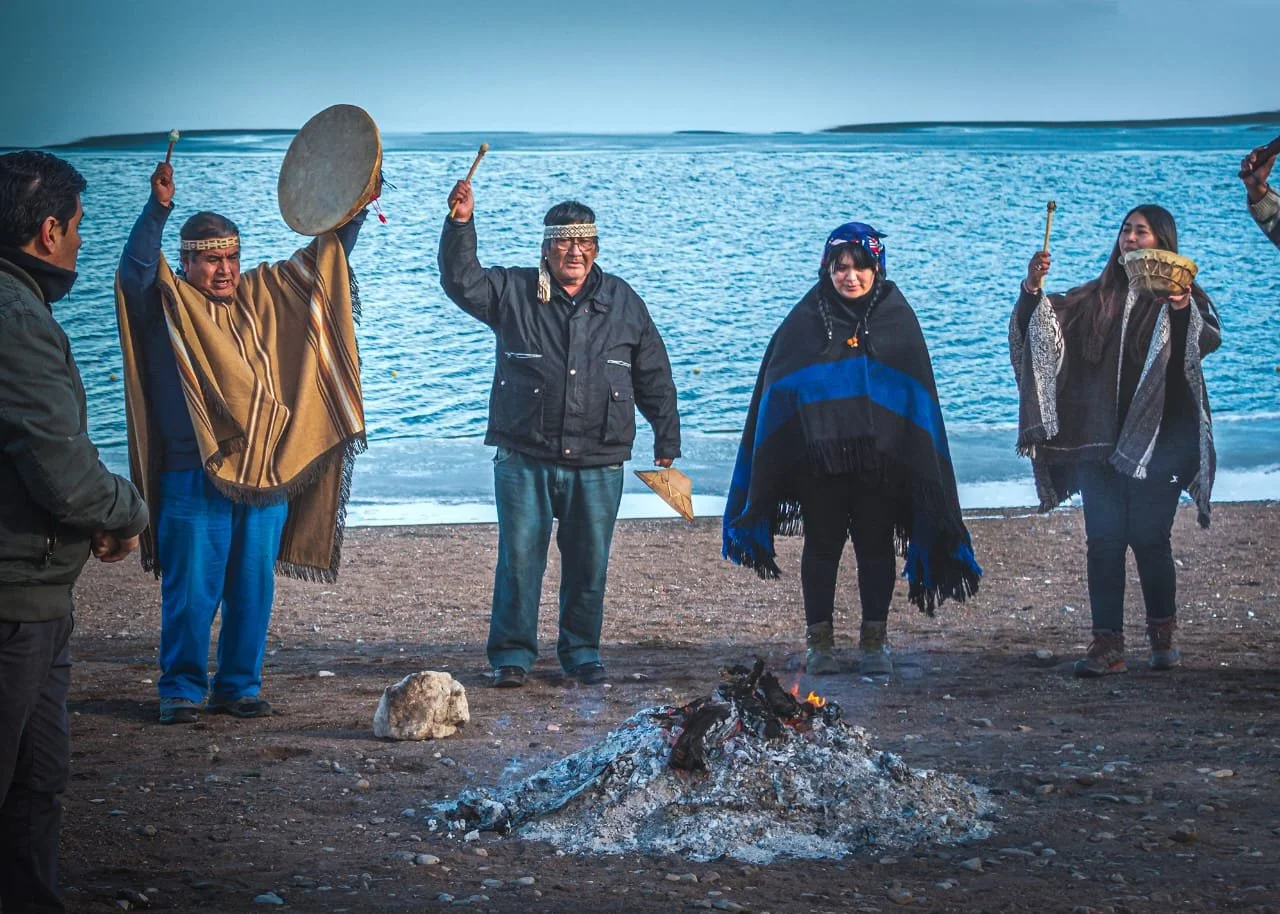

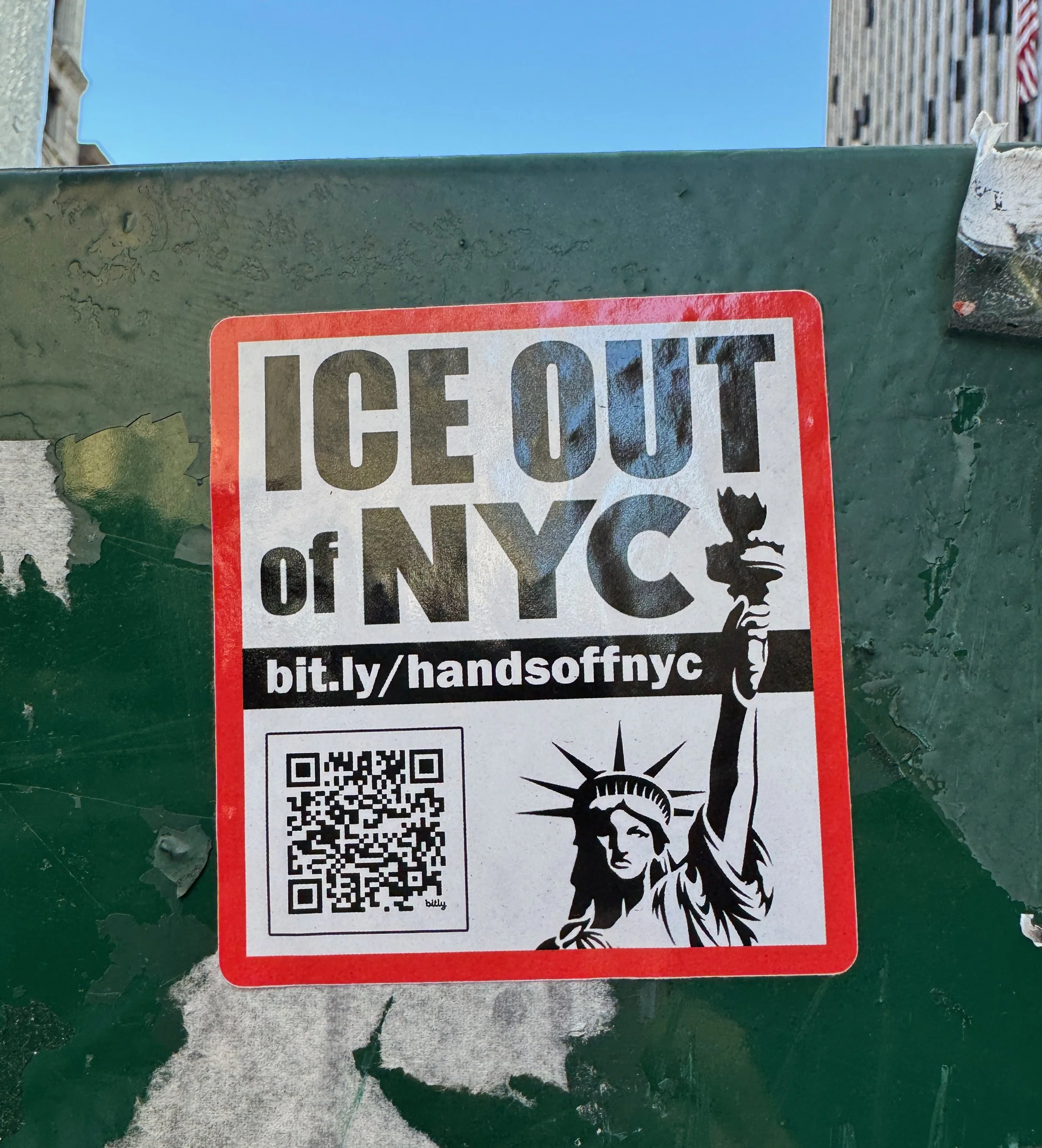



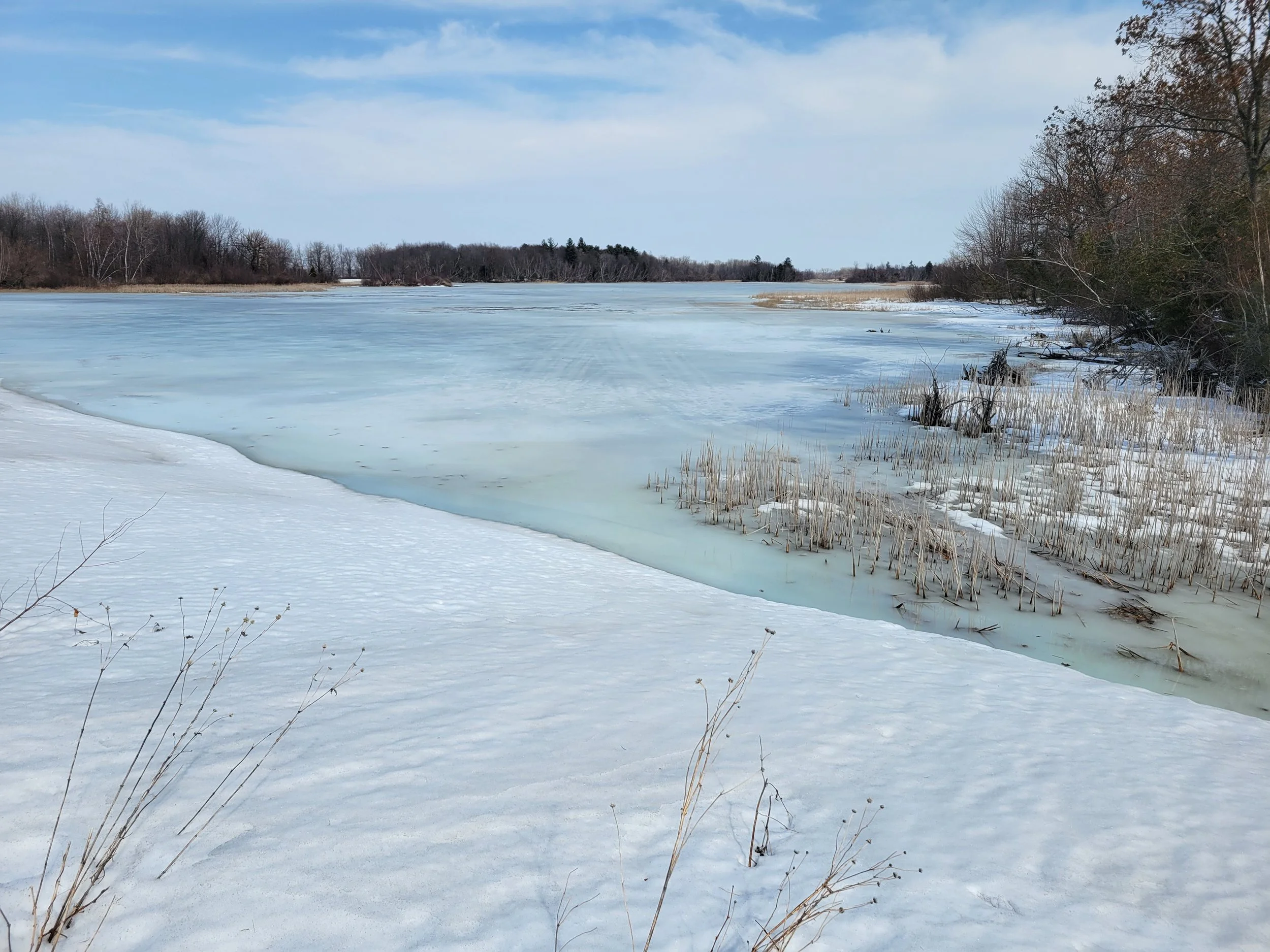


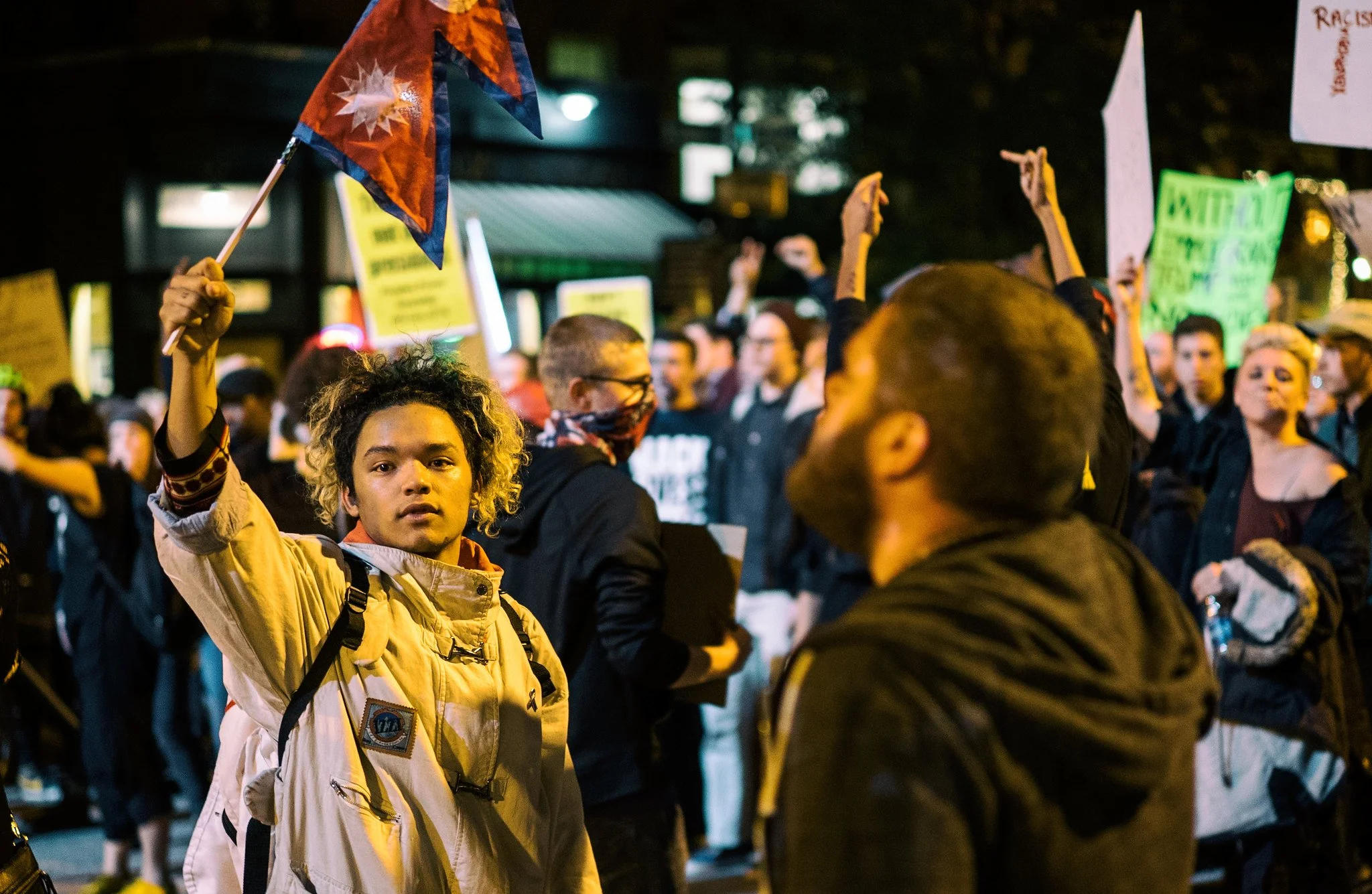
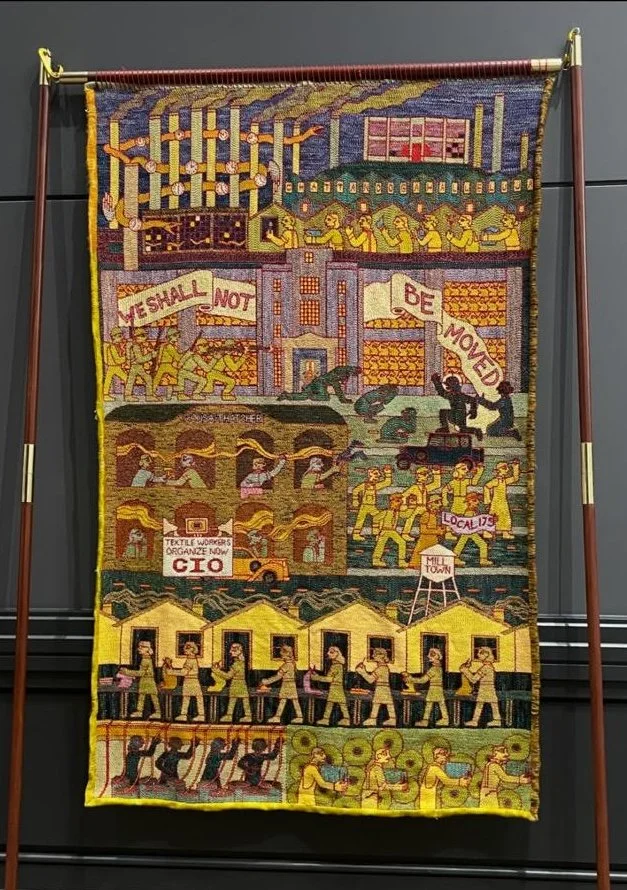
This month’s round-up highlights ongoing threats to Indigenous lives and sovereignty from Ghana and Colombia to the Philippines and Greenland.